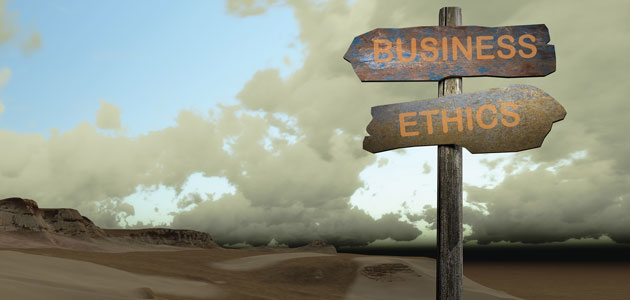The statutory framework for California mediation set forth in California Evidence Code Sections 1115-1128 imposes ethical duties on lawyers representing clients (whether or not a lawsuit is filed). Definitions are in Evidence Code § 1115: (a) “Mediation” means a process in…
Ethical Issues in Researching Prospective Jurors
When selecting a jury, attorneys seek as much information as possible about the prospective jurors. With limited time for voir dire, it is often fruitful to turn to online sources of information: entering prospective jurors’ names into a search engine…
Risk Management Tip: Understanding Duties to Third Parties, Part 4
Missed parts 1,2 and 3? Catch up: Risk Management Tip: Understanding Duties to Third Parties, Part 1 Risk Management Tip: Understanding Duties to Third Parties, Part 2 Risk Management Tip: Understanding Duties to Third Parties, Part 3 The Litigation Privilege…
Risk Management Tip: Understanding Duties to Third Parties, Part 3
Missed parts 1 and 2? Catch up:: Risk Management Tip: Understanding Duties to Third Parties, Part 1 Risk Management Tip: Understanding Duties to Third Parties, Part 2 Illegal Conduct is Not Constitutionally Protected Business & Professions Code § 6068(a) imposes…
That Retainer, it’s Almost Certainly Refundable
As I progress through law school, I’m thinking about practicing and getting paid. The notion of a retainer payment is great because it mitigates the risk of getting stiffed or having to chase down money. However, sometimes business concludes before…
Legal Ethics Corner: The Weinstein Scandal and Rule 3-110
Amid the growing allegations of the Harvey Weinstein sexual misconduct scandal, it recently came to light that Weinstein’s former attorney, David Boies, had agreed to contract with a private investigator firm, Black Cube, on Weinstein’s behalf. Black Cube performed work…
Solo and Small Firm Attorney Column: Top Ten Ethical Blunders and How to Avoid Them
Because many ethical blunders in law practice are avoidable, it is important to be aware of common mistakes, and to take affirmative steps to avoid them. While this is true for all attorneys, this is of particular importance for solo…
Legal Ethics Corner: Is it Ethical to Pay for Testimony or Evidence?
Compensation of witnesses is primarily governed by California Rules of Professional Conduct (“CRPC”), Rule 5-310. Rule 5-310(B) prohibits payment to a witness that is contingent on the content of the testimony or the outcome of the matter. The rationale is…
Potential Conflicts to Keep in Mind When Insurers Agree to Defend Your Client
One of the main reasons policyholders purchase liability insurance is to ensure that they have an insurer-funded defense in the event of a potentially covered lawsuit. But when an insurer pays for a policyholder’s defense, it can raise certain conflicts…
Hand Rule on Email Security
All California lawyers owe a duty of competence and confidentiality to their clients. California Rules of Professional Conduct (“CRPC”), Rules 3-110 and 3-100. As the Legal Ethics Corner of the BASF Bulletin previously noted, “competence in the digital milieu is…
Legal Ethics Corner: Two’s a Company, Three Might Get You Disqualified: The Ethics of Joint Representation
Amy retains Attorney to prosecute a personal injury action for an arm fracture she sustained in an automobile accident. Amy asks Attorney to meet with Bill who was rendered quadriplegic by the same accident. Bill’s claim is clearly more “valuable”…
Risk Management Tip: Beware of Broad Subject Matter Waivers of the Attorney-Client Privilege
We have been examining the role attorney-client privileged information played in Sanford Wadler’s trial victory over his former employer, Bio-Rad. Bio-Rad engaged in actions the court concluded were express waivers of attorney-client privilege under federal law, allowing Wadler to use…













